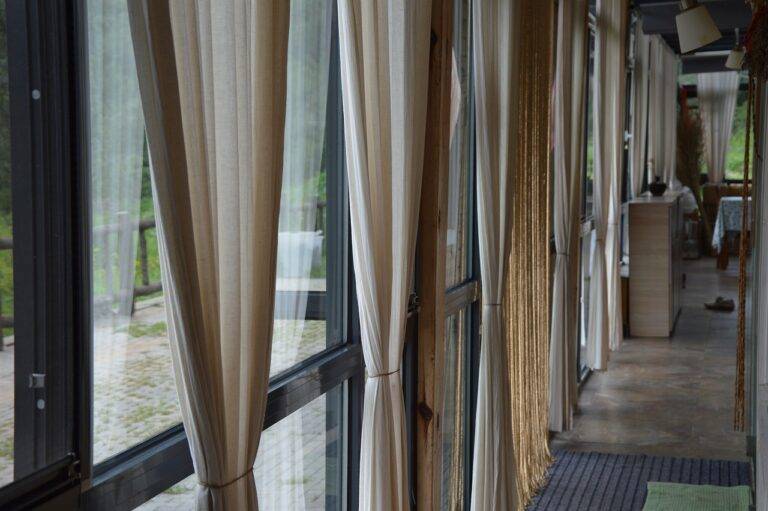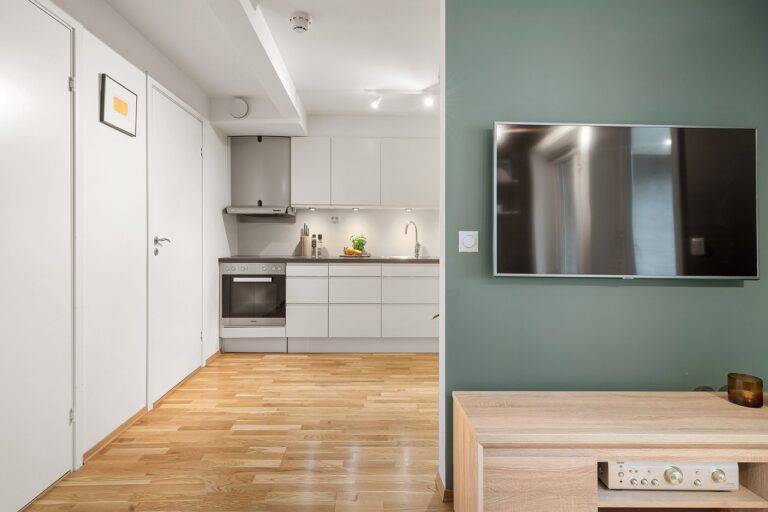Sustainable Window Installation: Energy-Efficient Options for Your Home
Energy-efficient windows offer numerous advantages for homeowners looking to improve the energy efficiency of their homes. By reducing heat loss in the winter and heat gain in the summer, these windows help to maintain a more consistent indoor temperature year-round. This can lead to lower energy bills as heating and cooling systems are not overworked to compensate for temperature fluctuations.
Additionally, energy-efficient windows can also enhance the overall comfort of a home by minimizing drafts and cold spots near windows. The improved insulation provided by these windows can create a more comfortable living environment for occupants, allowing them to enjoy a cozy home without the need for constant adjustments to the thermostat.
Choosing the Right Window Frame Material
When it comes to selecting the appropriate window frame material for your home, it’s crucial to consider various factors before making a decision. Each material – be it wood, vinyl, aluminum, or fiberglass – possesses distinctive characteristics that can influence the aesthetics, durability, and energy efficiency of your windows.
Wooden frames are renowned for their classic appeal and insulating properties, making them an excellent choice for enhancing a home’s traditional charm. However, they require regular maintenance to prevent weathering and rotting. Conversely, vinyl frames are low-maintenance, affordable, and offer good thermal performance. Aluminum frames, on the other hand, are durable and modern-looking but are less efficient in terms of insulation. Fiberglass frames strike a balance between strength, energy efficiency, and low upkeep, catering to those seeking a versatile and long-lasting window material.
• Wooden frames have classic appeal and insulating properties
• Require regular maintenance to prevent weathering and rotting
• Vinyl frames are low-maintenance, affordable, and offer good thermal performance
• Aluminum frames are durable and modern-looking but less efficient in insulation
• Fiberglass frames strike a balance between strength, energy efficiency, and low upkeep
Understanding Energy Performance Ratings
Energy performance ratings for windows are crucial in determining how efficiently they can help in conserving energy. These ratings provide valuable insights into a window’s ability to insulate the interior of a building from external heat or cold, which ultimately impacts energy consumption. The most commonly used rating systems include the U-factor, Solar Heat Gain Coefficient (SHGC), and Visible Transmittance (VT).
The U-factor indicates how well a window prevents heat from escaping a building. A lower U-factor signifies better insulation properties. The SHGC measures how well a window blocks heat from the sun, with lower values indicating reduced solar heat gain. Lastly, VT quantifies the amount of natural light a window allows to pass through. Understanding these energy performance ratings can assist consumers in making informed decisions when selecting windows for their buildings.
What are the benefits of energy-efficient windows?
Energy-efficient windows can help lower your energy bills, reduce your carbon footprint, and improve the comfort of your home by reducing drafts and cold spots.
How do I choose the right window frame material?
When choosing a window frame material, consider factors such as durability, maintenance requirements, energy efficiency, and aesthetic appeal. Common options include vinyl, wood, aluminum, and fiberglass.
What do energy performance ratings mean?
Energy performance ratings, such as the U-factor, Solar Heat Gain Coefficient (SHGC), and Visible Transmittance (VT), provide information on how well a window can insulate your home, block heat from the sun, and allow natural light to enter, respectively.
How can I improve the energy performance of my windows?
To improve the energy performance of your windows, you can install weather-stripping, add storm windows, and consider upgrading to energy-efficient windows with low U-factor and SHGC ratings.
Can I install energy-efficient windows myself?
While some homeowners may choose to install energy-efficient windows themselves, it is recommended to hire a professional window installer to ensure proper installation and optimal energy performance.







